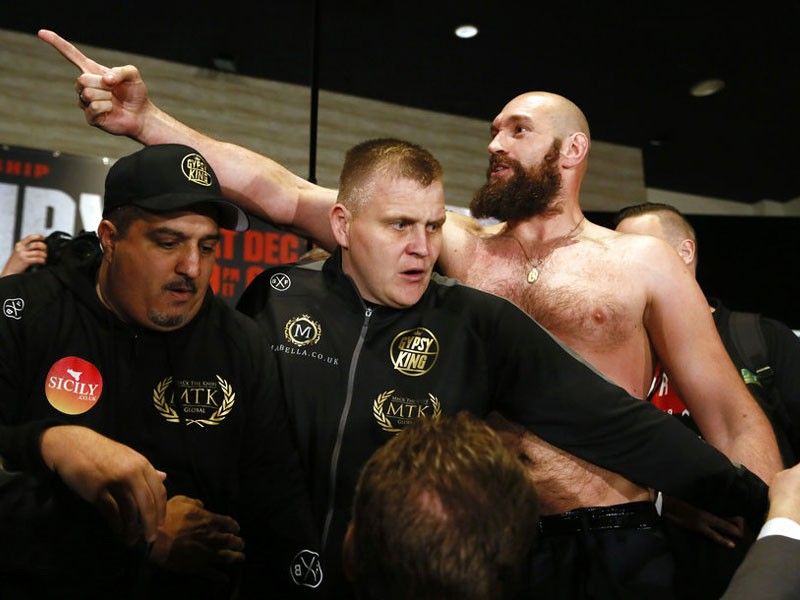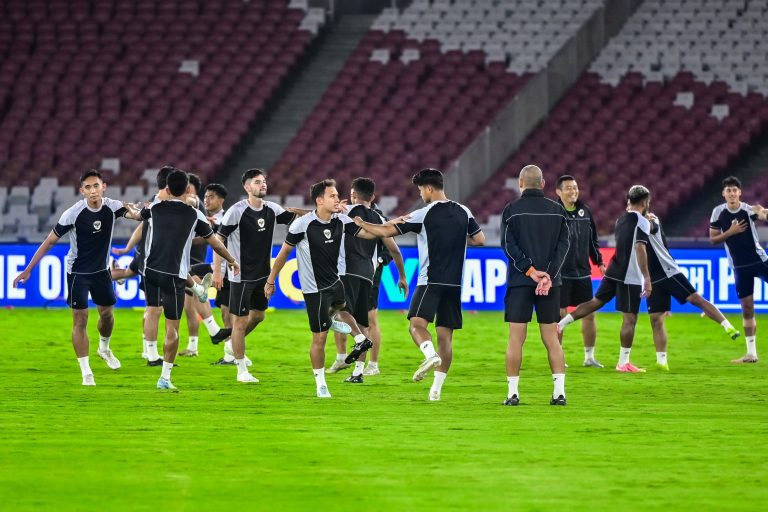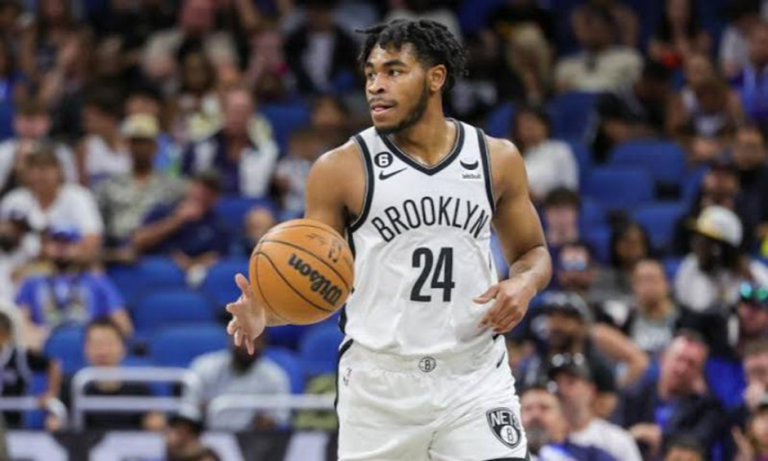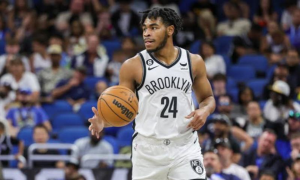The sun shines on Tyson Fury every morning in California.
The larger-than-life heavyweight from Manchester has found comfort and calm far from home.
Whether training in the high-altitude seclusion of Big Bear or sampling Los Angeles’ good life at a Lakers game, Fury believes he has found the proper place to start again.
“It’s been a long, hard road with many obstacles in the way,” Fury said.
“I think it’s all been well documented. But it didn’t get me. I found a way.
“My story has got more pain in it now. I believe that rain has passed and the sun is shining brightly.”
When Fury (27-0, 19 KOs) takes on Deontay Wilder (40-0, 39 KOs) at Staples Center on Saturday night in one of the biggest heavyweight bouts in years, he is fighting for a victory in the ring that would mirror his extraordinary comeback from the brink of personal disaster.
The friends and co-workers who know every detail of Fury’s remarkable rise and incredible fall sometimes marvel at his recovery from depression, drug abuse, heavy drinking and spectacular weight gain during a fraught, decadent two-year spiral.
Not many fighters have reached the pinnacle of their sport as sublimely as Fury did when he defeated the seemingly unbeatable Wladimir Klitschko in November 2015.
And while many boxers have fallen hard and fast after their greatest triumphs, not many have dusted themselves off and resumed their careers with the vigour displayed by the 30-year-old man named after Mike Tyson.
“To see where he’s at today is a testament to this man and what he’s done,” said his promoter, Frank Warren.
“Coming from rock bottom to being here, not as the contender but the lineal champion, it’s truly remarkable.
“He has already answered a lot of questions about himself, and now he has to answer the biggest one.”
Everything about Fury is enormous. The self-described “bald, big-bearded hulk of a man” is a thick 205cm tall with a voice that can sound like tyres on gravel, yet he carries the physical presence of an elite athlete, not a bar bouncer.
Fury showed that athleticism while carving out a spot in Britain’s crowded boxing landscape.
And then it all fell apart. A lucrative rematch with Klitschko had to be scrapped when he tested positive for cocaine use after a summer of partying, and he gradually lost all the title belts he had claimed.
Fury also made a series of homophobic, sexist, transphobic and anti-Semitic statements in interviews, thoroughly eroding the goodwill established by his unlikely victory.
He didn’t get himself together again until last year, and Britain’s licensing board reinstated him in January.
Fury returned to the ring for two moderately impressive wins over outmatched opponents last summer- but those were proper warm-ups for this shot at Wilder, Fury says.
“It took me about 2 1/2 years to actually start missing the sport,” Fury said.
“Once I started missing it, the fire re-lit again. I’m just happy that I’ve worked to reach this position again.
“I stand here as an ambassador for mental health, and I am the people’s champion. I’ve got millions of people around the world that look up to me. I’m fighting for those people.”















